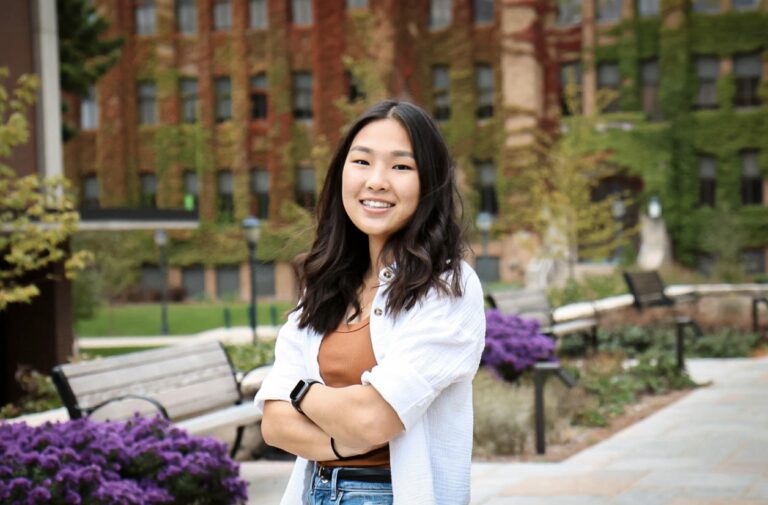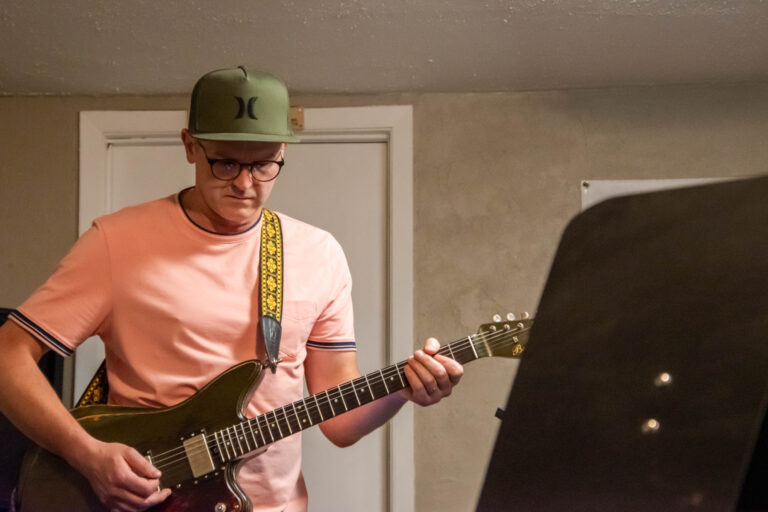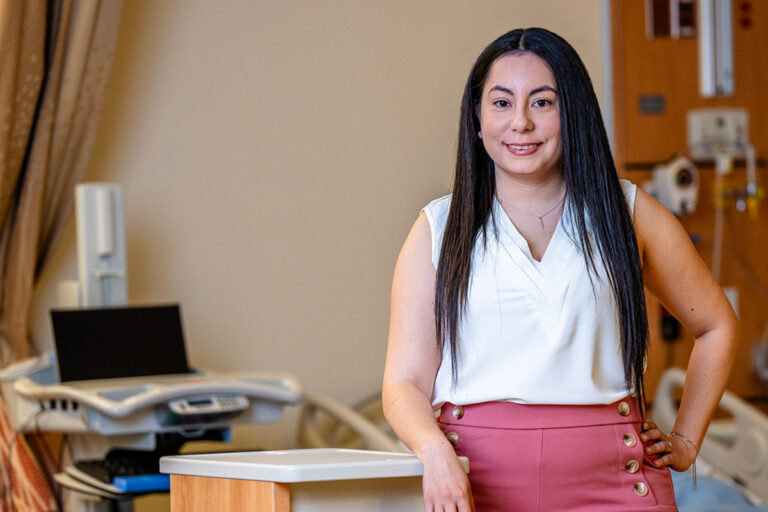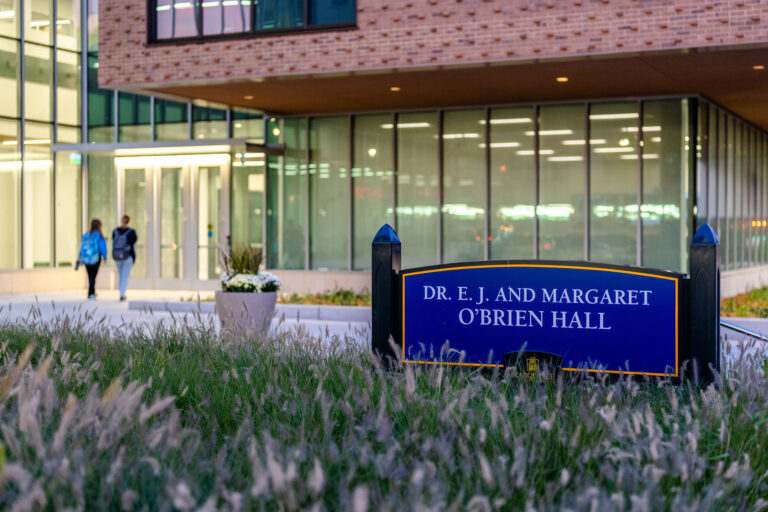This past October, four College of Health Sciences students received $5,000 to pursue undergraduate research from the Athletic and Human Performance Research Center Student Research Initiative.
Supporting the global goal of the AHPRC to facilitate interdisciplinary, collaborative and innovative research to understand and enhance performance in athletic, health and clinical populations, the four students will use the money to pursue their projects and kickstart their research interests.
One of those students is exercise physiology major Joanna Lee — who is conducting her research with Dr. Christopher Sundberg. Joanna’s research is titled “Potential Role of Cellular Senescence on Skeletal Muscle Fiber Type-Specific Atrophy with Aging.”
Joanna sat down for a Q&A with Marquette Today to talk about her study and her research aspirations.
What inspired your research? How did you get interested in the topic?
During my time in the summer research program this year, we cycled through a few different topics but eventually landed on the topic of senescence — or the aging process and gradual deterioration of cells. What drew me to this topic was the novelty, offering so many avenues to explore. The “unknown,” while a times overwhelming, is also exciting because there’s so much to learn and uncover.
What are your post-graduate aspirations and how does your research inform your plans for your career?
Post-grad, I plan to apply to medical schools to work towards my goal of becoming a physician. The decision to pursue research and medicine stems from my inherent curiosity and desire to explore questions that improve day-to-day physiological functions. My experiences so far in research have strengthened my ability to channel curiosity into productive questioning, experimentation and implementation. In the future, I hope to implement this evidence-based medicine into my practice.
What has been something interesting you’ve encountered while conducting your research thus far? Or something interesting you’ve seen while planning that made you rethink your approach?
Because this topic is fairly new, a lot of time has been spent on troubleshooting and trying to understand the topic itself. It was interesting to see another lab be able to replicate a procedure that we were having trouble with. In response, we tried different materials and troubleshot various steps in our procedures. We also have been collaborating with another lab, which has been beneficial and enjoyable for exchanging ideas and collective problem-solving.
How has Dr. Sundberg assisted you in your research?
Dr. Sundberg has been an invaluable asset, not only in my research but also in navigating my way as a student. In the lab and when completing projects, Dr. Sundberg always offers a unique perspective, pointing out flaws, improvements and strengths nobody else catches. Dr. Sundberg also serves as a role model for me, his work ethic and passion for what he does is so encouraging. His excitement is contagious and inspires me to continue working on projects even when it’s challenging. He has been so supportive in both my current academic role and in shaping my future career plans, offering guidance that aligns with my long-term goals.
How does being able to do research as an undergraduate assist you in your pursuit of a degree? Has it empowered your work in the classroom?
While working in the lab, I have been challenged to understand complex concepts and develop the ability to evaluate and critique primary literature. While demanding, I found working in the lab exciting and rewarding as it compelled me to grow as a student, team member and critical thinker. It’s also been rewarding to apply what I learn in the classroom to real-life concepts in the lab. This practical connection allows for an interdisciplinary understanding of physiology, which applies both to the completion of my project and to my degree.



